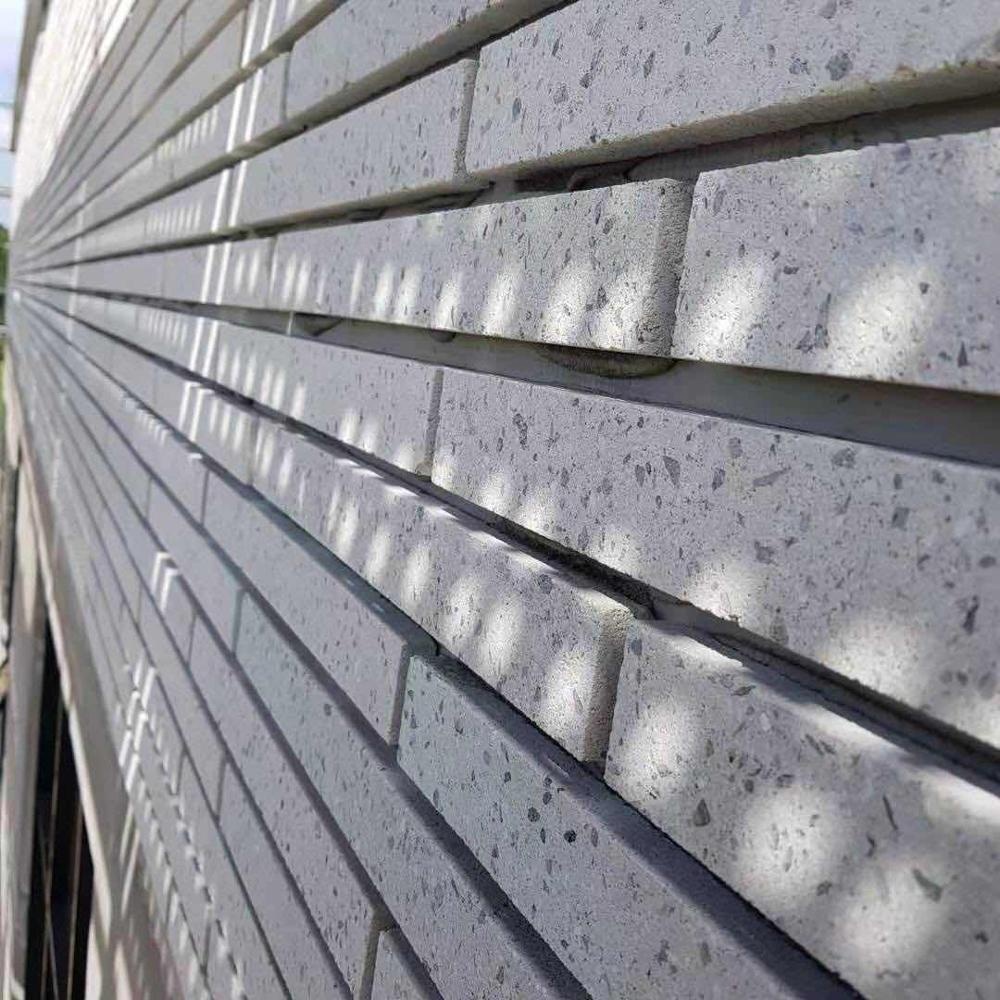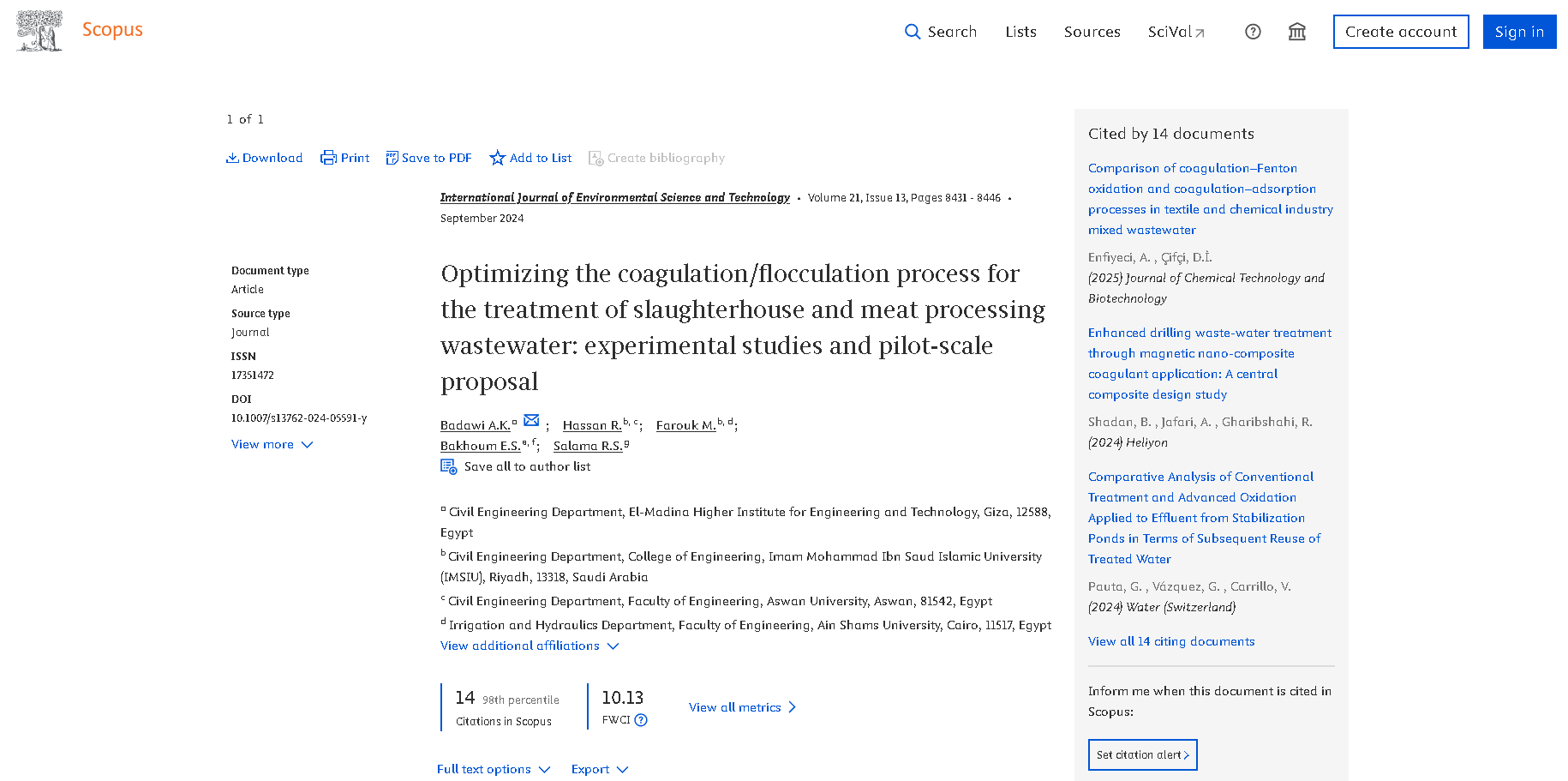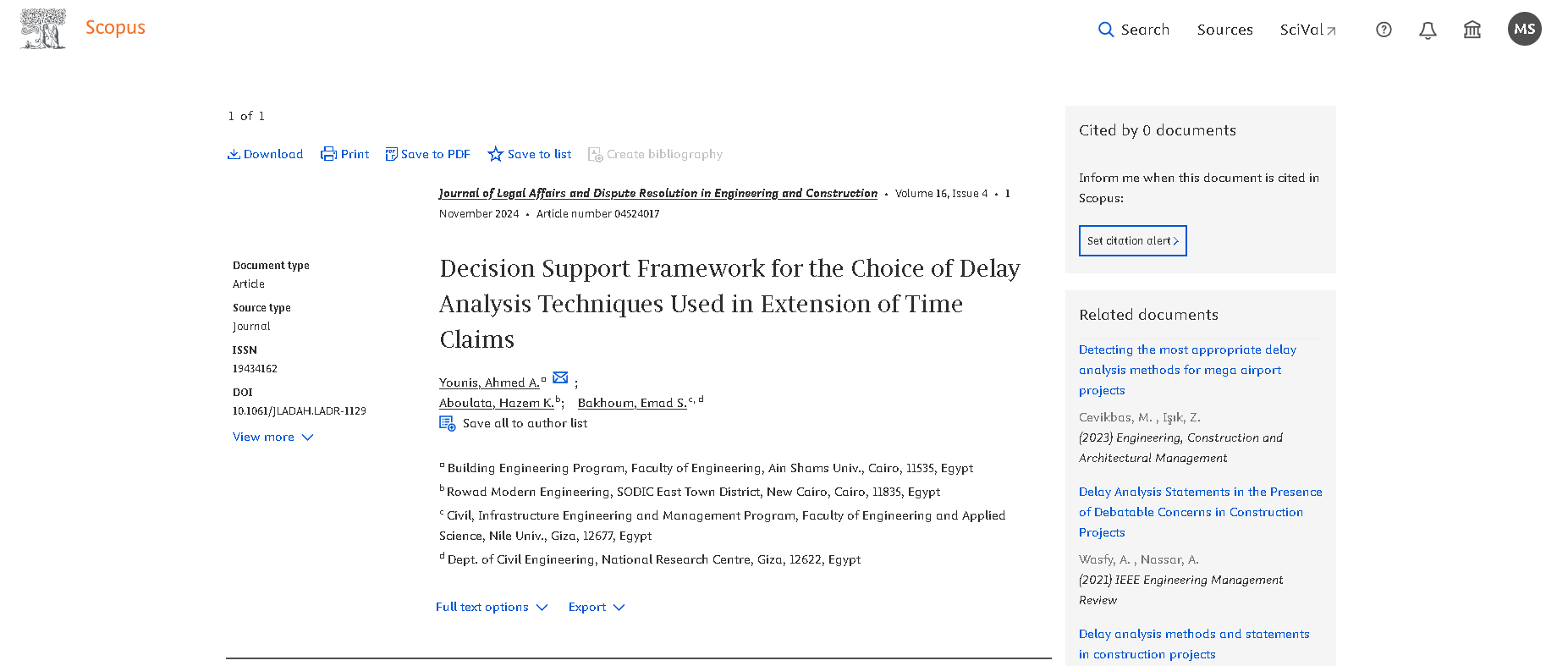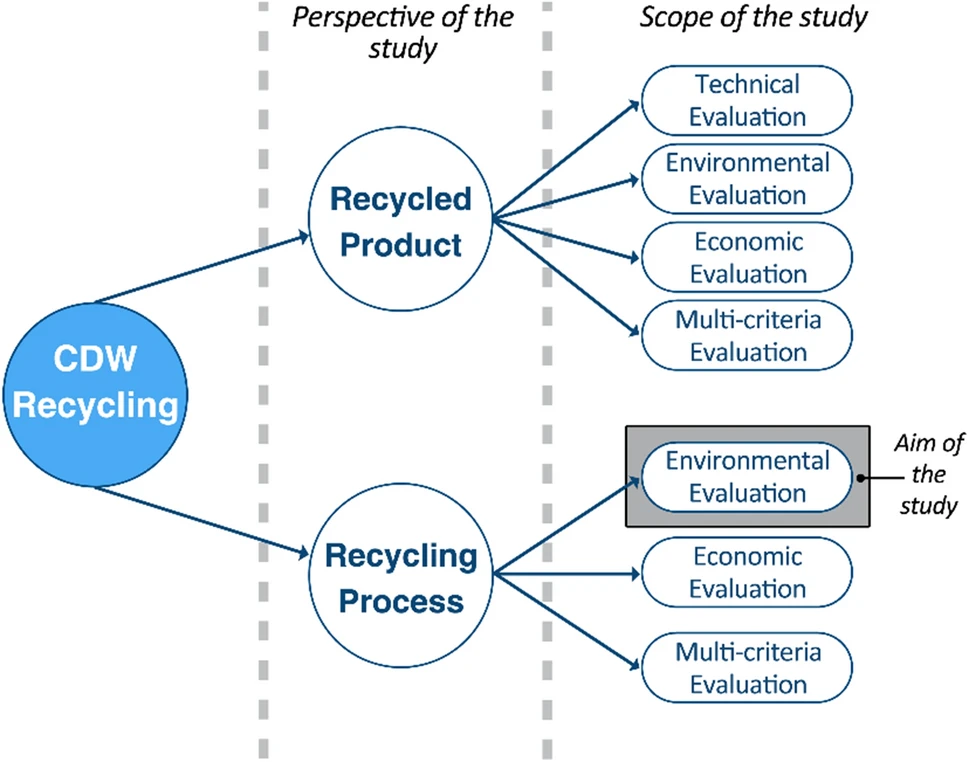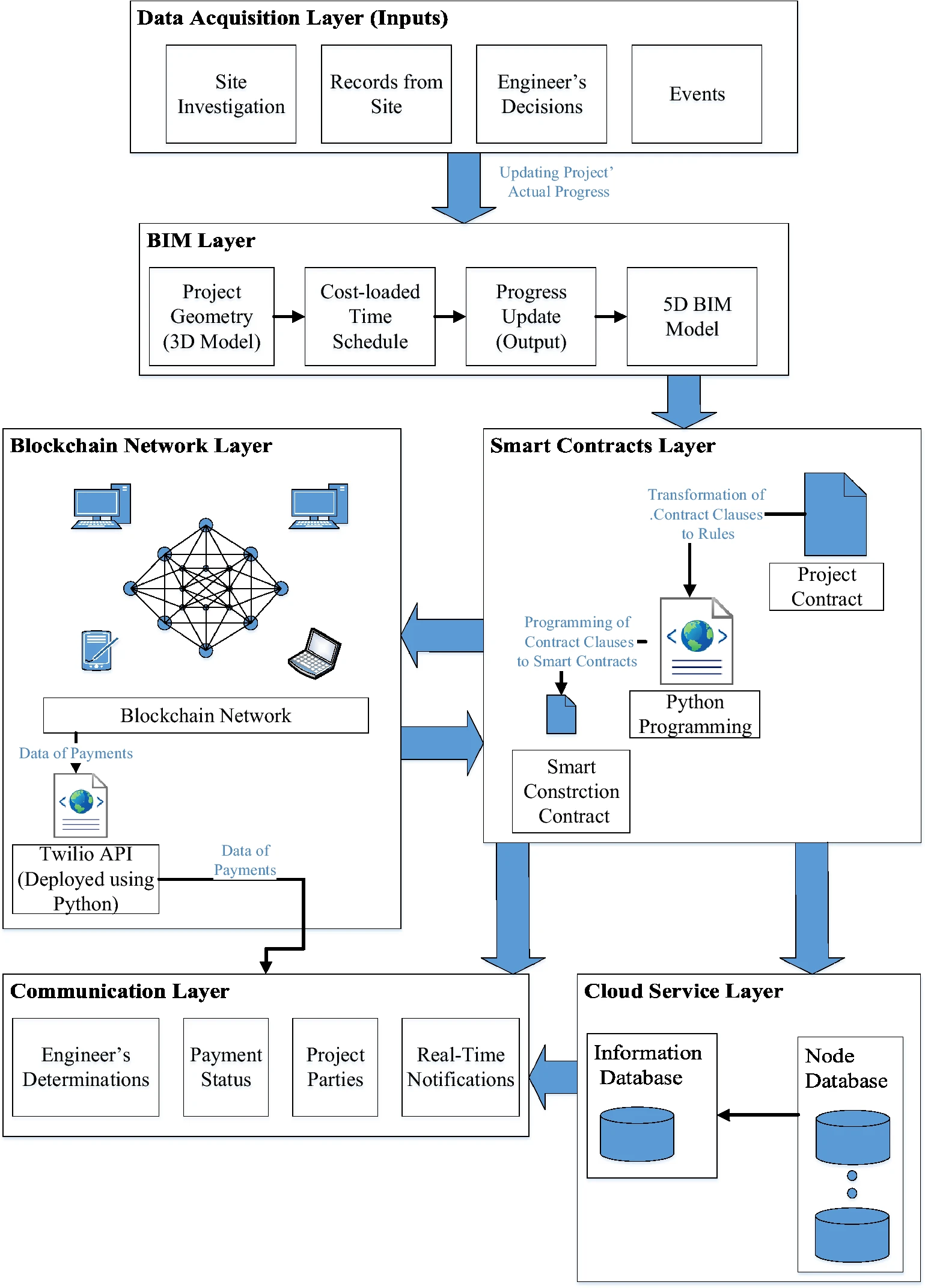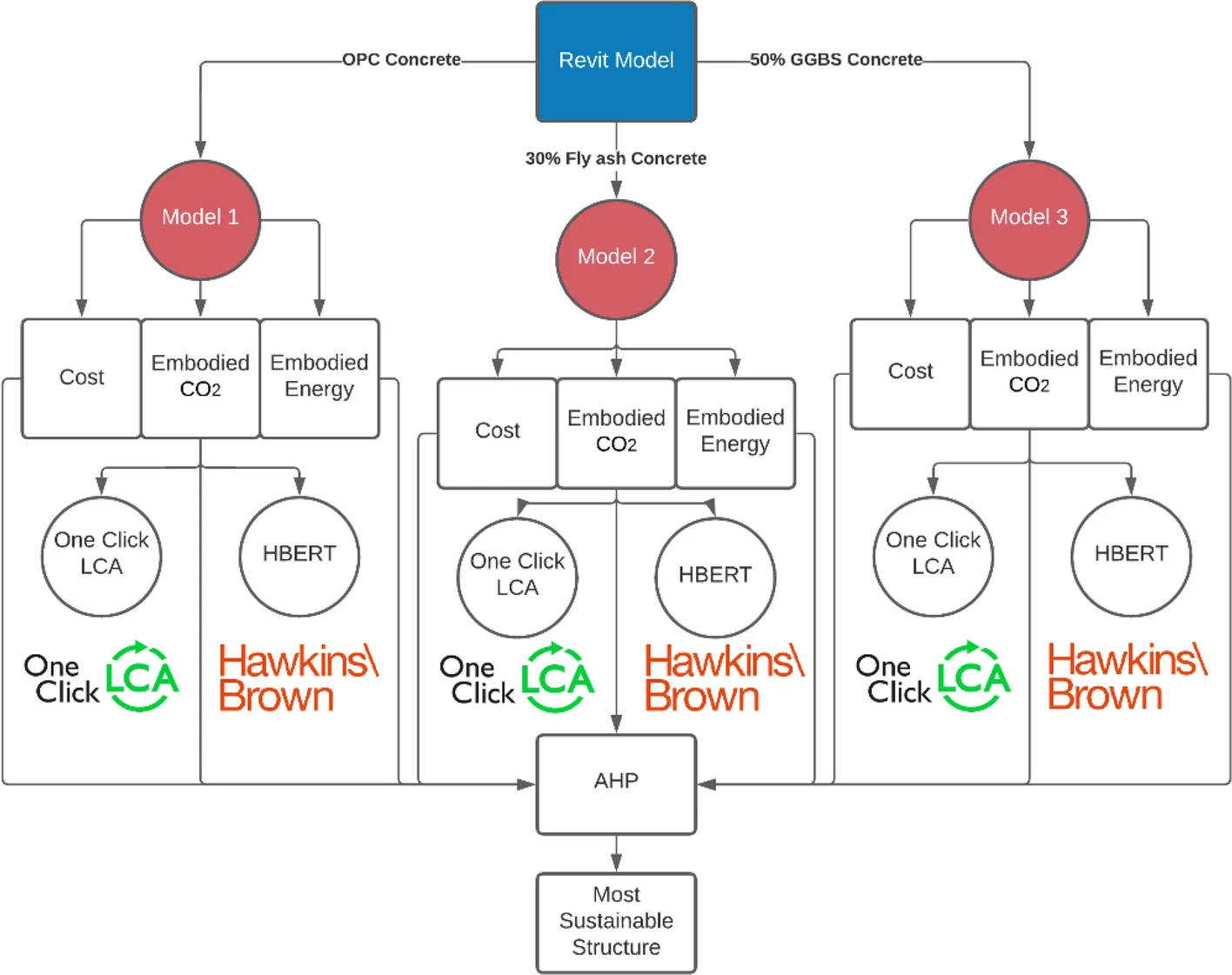Dr. Emad S. H. Bakhoum is currently an Associate Professor at the Faculty of Engineering and Applied Sciences, Nile University. He has been a faculty member since 2019 in the Civil & Infrastructure Engineering and Management program. He has been working in the track of Construction Project Management since his graduation. Dr. Emad completed his Ph.D. at the University of Southampton, UK. Emad earned his B.Sc. in Civil Engineering in 1996 from Cairo University, followed by his M.Sc. from the same construction engineering and management faculty. Emad made his experience in the construction industry due to working at ORASCOM company as a schedule and cost engineer up to 2003; during this period, he participated in many substantial construction projects. In addition, Emad has an industrial link via his work at Egyptian Consultants for Project Management (ECPM). Since 2003, Emad has worked at National Research Centre (NRC).
He collaborated actively with researchers on local projects during his work at NRC and published many technical papers in several international journals. In addition, he has served as a Quality Manager for Engineering Division at NRC. Emad has joined as a lecturer at Faulty of Engineering in many universities such as Cairo University, Ain Shams University, and Arab Academy for Science, Technology & Maritime Transport.
Also, he is a member of the American Concrete Institute (ACI) and the Egyptian Society of Engineers.
Pagination
- Sustainable Construction
- Decision Analysis
- Green Buildings/Concrete
- Automation in Construction
- Waste Management

Characterization, Development, and Life Cycle Analysis of EPS Geofoam for Use under Roadways Embankments
